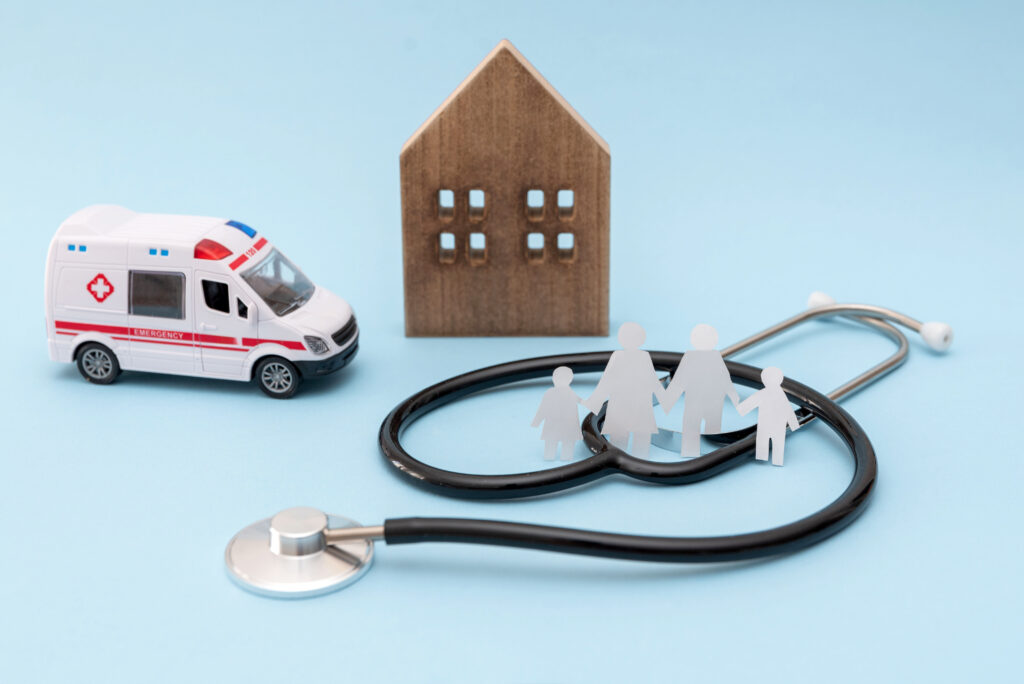"Clarity Compare made the entire process so easy! I found great car insurance in minutes and saved over £200 compared to my renewal quote."
Lucy H.
"I wasn’t sure where to start with life insurance, but their platform and expert advice gave me clarity and confidence. Highly recommended!"
Mark J.
"I loved how simple and quick it was to compare travel insurance. I found a perfect deal and felt fully covered for my trip."
Ayesha K.
"Their customer support is top-notch. I had questions about home insurance, and the team guided me without any pressure. Fantastic service!"
Tom R.
"The best part was how transparent everything felt. No hidden fees or confusion—just honest comparisons and great value."















